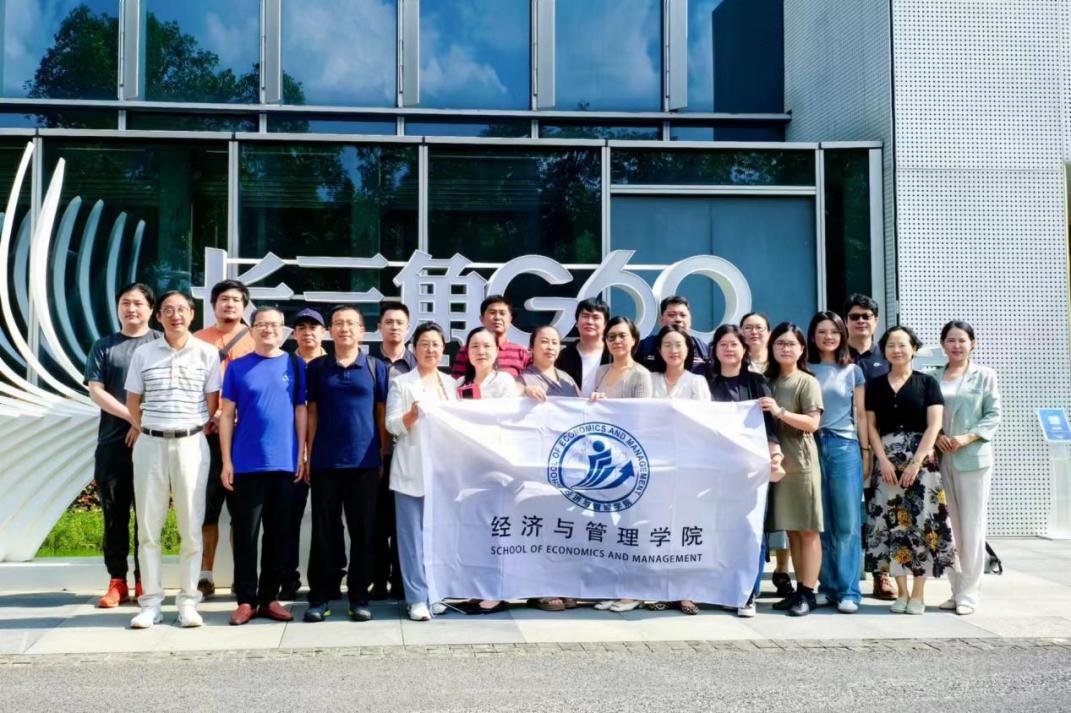
On September 29, 40 members of the Advanced Modern Logistics Management Professional Group Teacher Training Program visited the Yangtze River Delta G60 Sci-tech Innovation Corridor for an industry-university-research cooperation exchange activity.
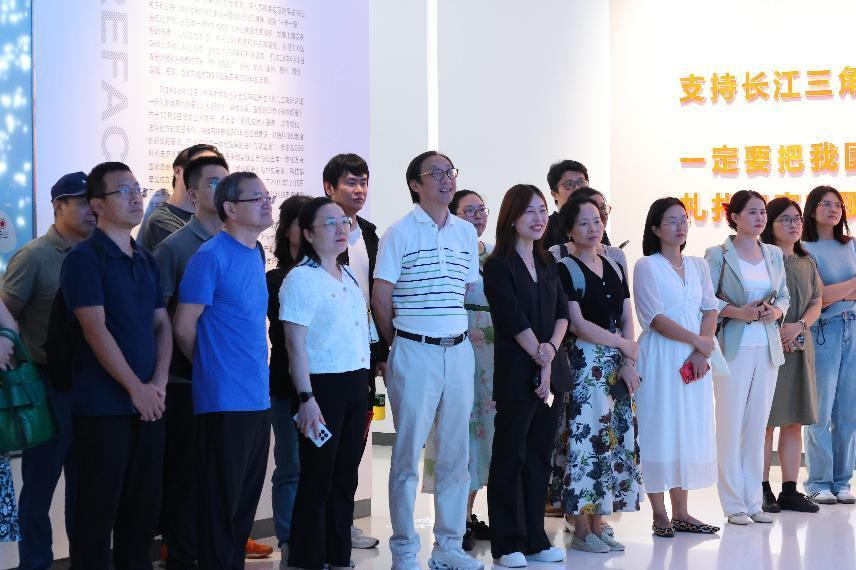
The delegation visited the G60 Sci-tech Innovation Corridor Planning Exhibition Hall, where they learned about the overall development plan and history of the corridor. They also explored the remarkable innovations achieved in various industries such as integrated circuits, bio-medicine, medical devices, advanced equipment manufacturing, and electronic information. The corridor fosters high-quality development by integrating regional resources and stimulating innovation through institutional innovation and supply chain connections.
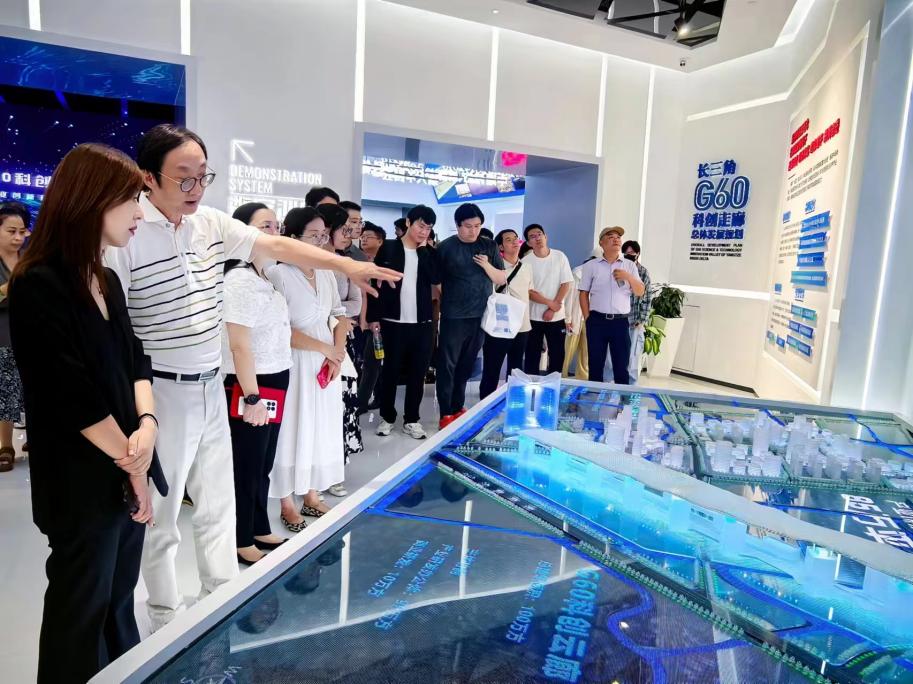
Afterward, the delegation held an exchange meeting on the 8th floor of the G60 Sci-tech Cloud Corridor Innovation Research Center. Ms. Man Yuanyuan, Deputy Director of the Innovation Research Center, delivered a keynote presentation titled "Strengthening National Strategic Guidance: Leading the Way in Science and Industry Innovation," introducing the background of the corridor's development and sharing valuable insights from its construction. Professor Zhang Bingda, Dean of the School of Economics and Management, shared his perspectives on science and technology innovation and service within high-level professional groups at Zhongqiao University. During the meeting, the trainees discussed topics such as the role of vocational education in supporting regional economic development and participation in technological innovation.
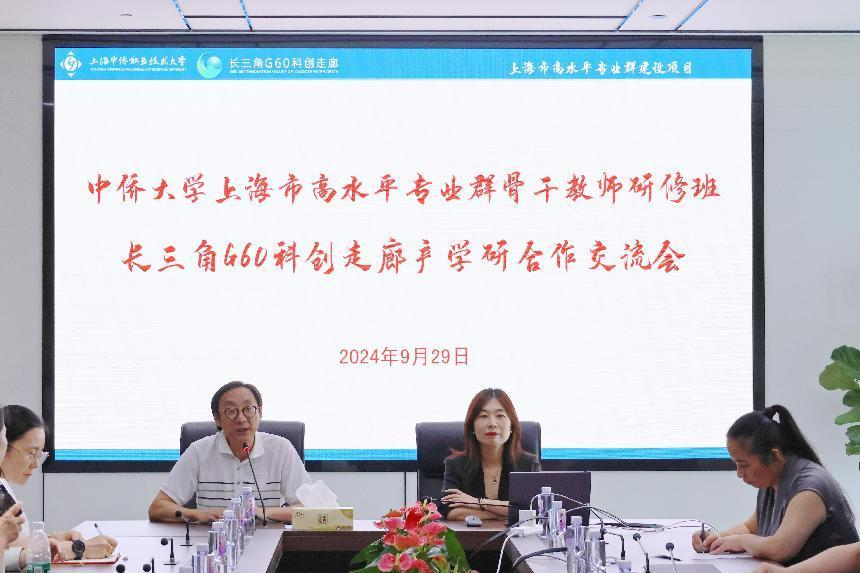
Yang Hui, a participant and head of Party affairs in the professional group, pointed out that science and technology innovation is currently dominated by engineering and research institutions, while vocational institutions have long been absent from these activities. In reality, vocational institutions play a crucial role in cultivating innovative technical and skilled talents. As the only vocational undergraduate university in Shanghai, Zhongqiao University should take on the responsibility of nurturing and supplying high-skilled professionals for science and technology innovation.
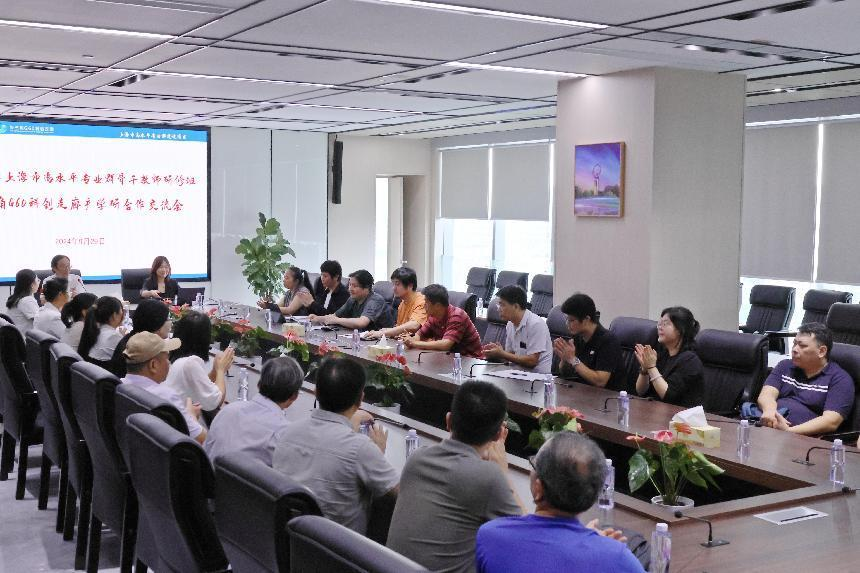
Li Juan, another participant and head of school-enterprise cooperation, emphasized that vocational universities should collaborate deeply with sci-tech platforms like G60, jointly undertaking research projects and transforming academic achievements into practical productivity. She also advocated for establishing talent exchange mechanisms to enhance interactions between schools and research institutions, thereby driving mutual development of education and industry and injecting new vitality into regional economic growth.
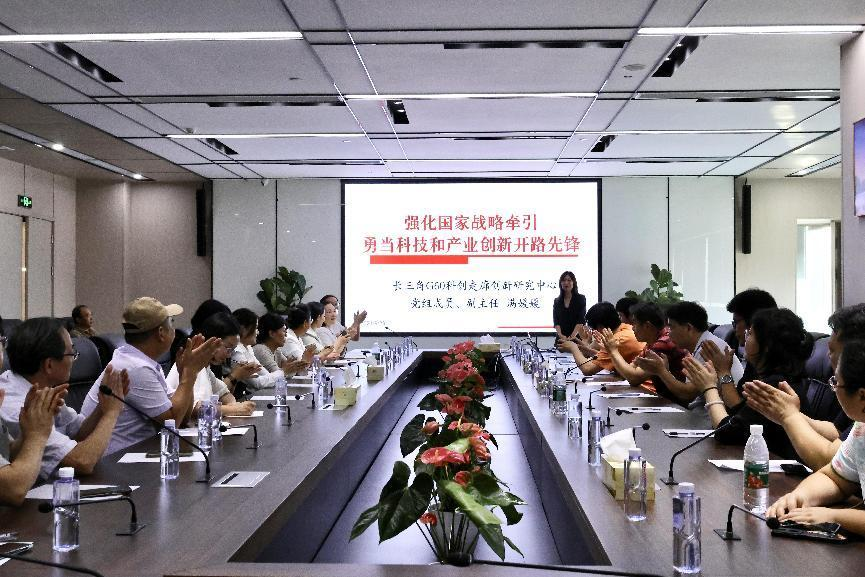
Other participants, including Yu Wenling, head of the Social Evaluation of Supply Chain Managers, and Yuan Yali, Director of the Modern Logistics Management Program, shared their experiences related to enhancing their technological innovation skills and service capabilities.
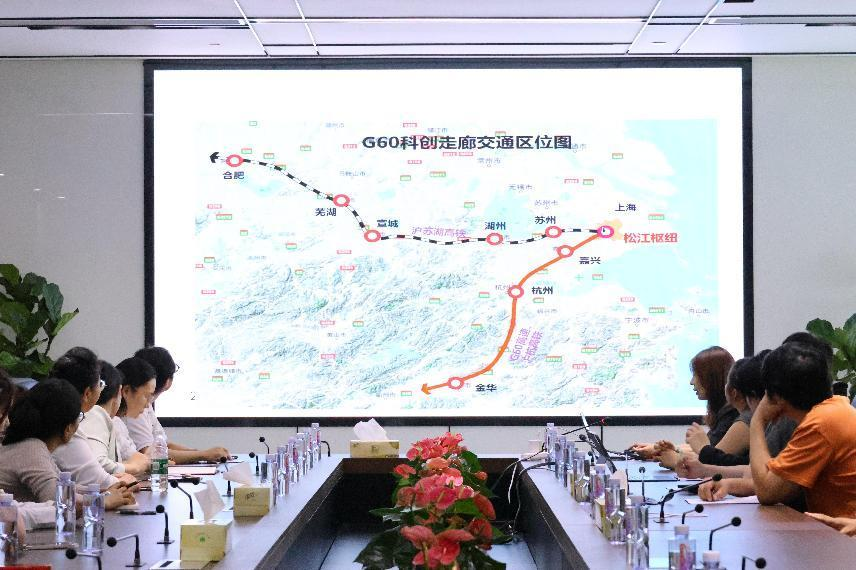
This activity is part of the practical segment of the Advanced Modern Logistics Management Professional Group Teacher Training Program. The program invites senior experts from fields such as vocational education and science and technology innovation services, focusing on serving regional economies and building industry-education and industry-city integration communities. The training provides comprehensive guidance on enhancing professional group construction, reshaping the teaching system, and improving teachers' social service capabilities, promoting the reform of professional group teaching systems and advancing school-enterprise cooperation.
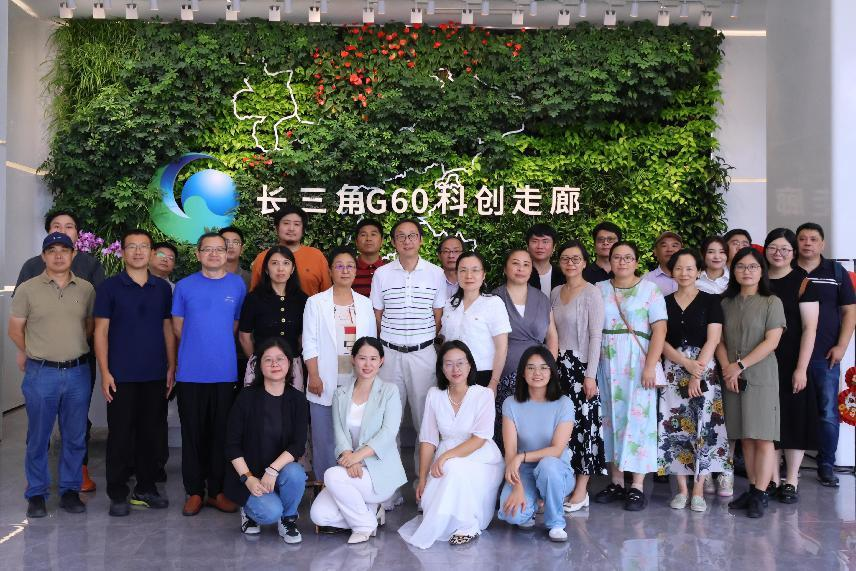
Contributed by the School of Economics and Management Geng Haoyi
Reviewed by Lin Danbei




